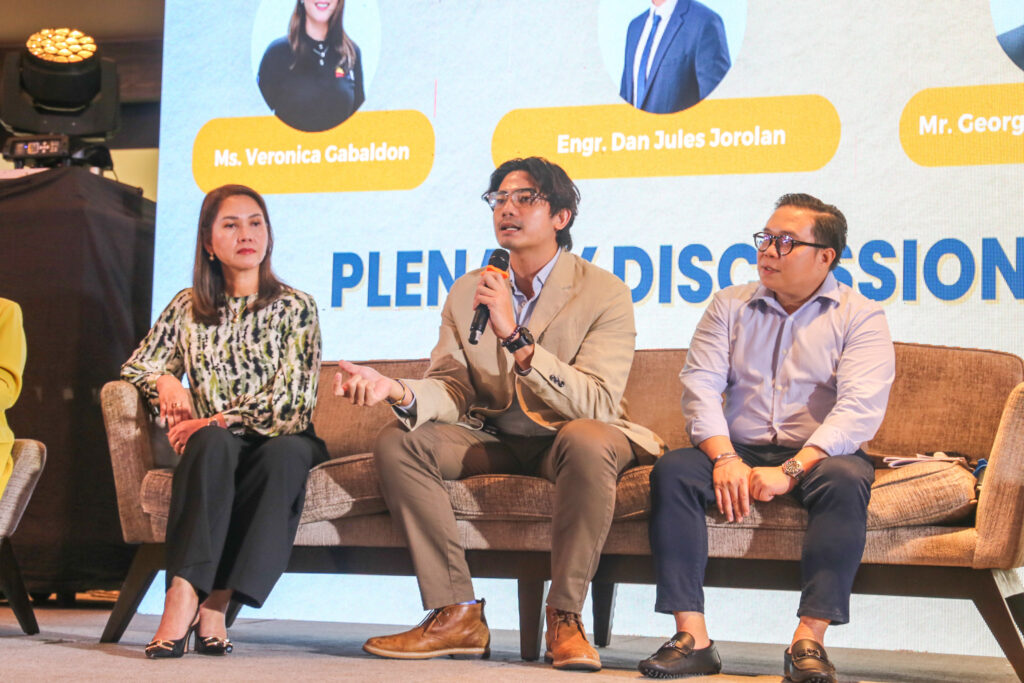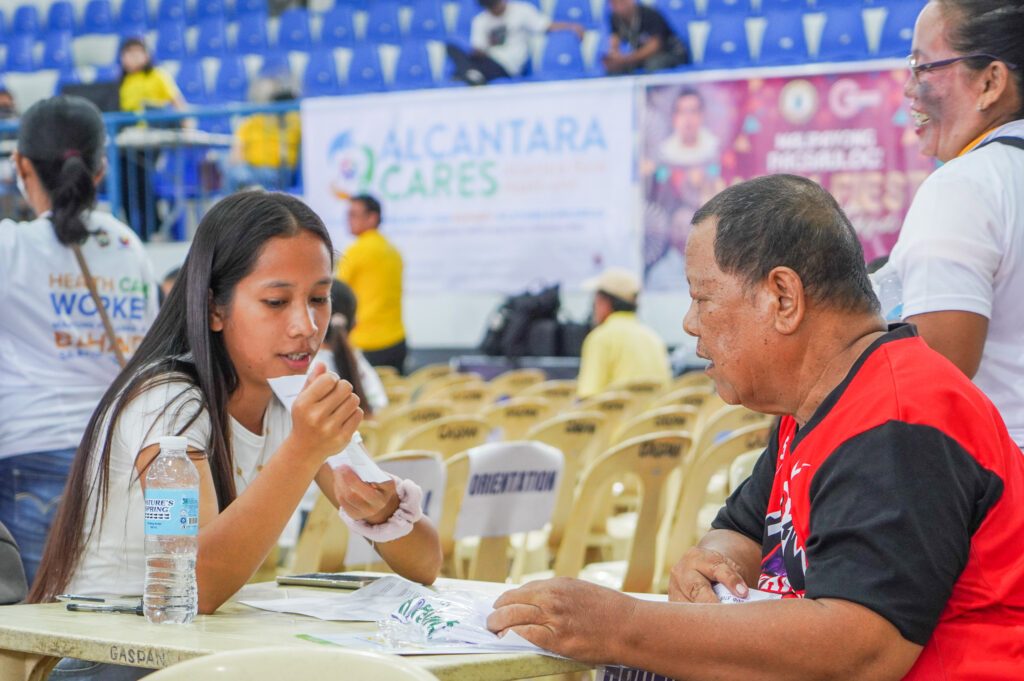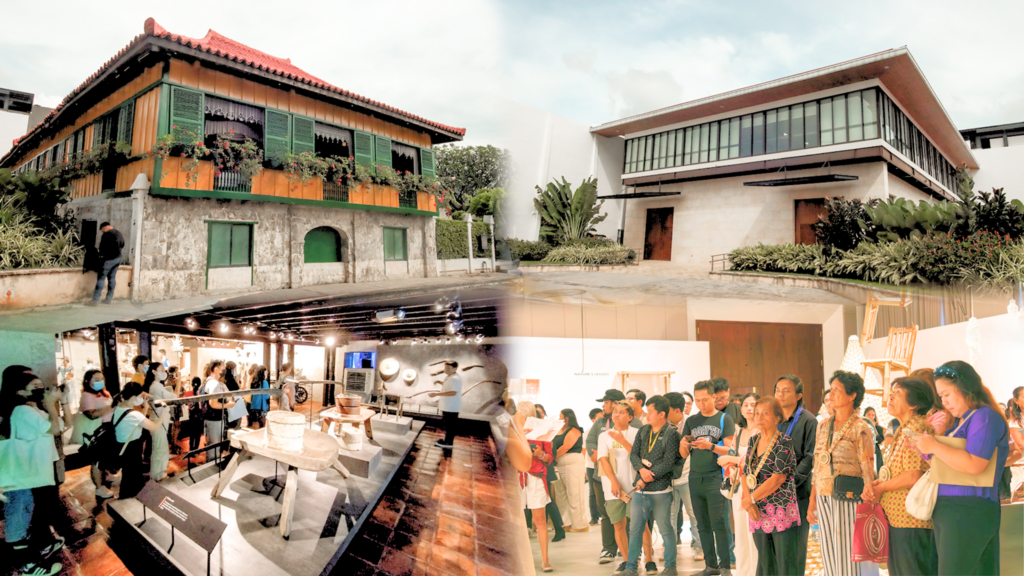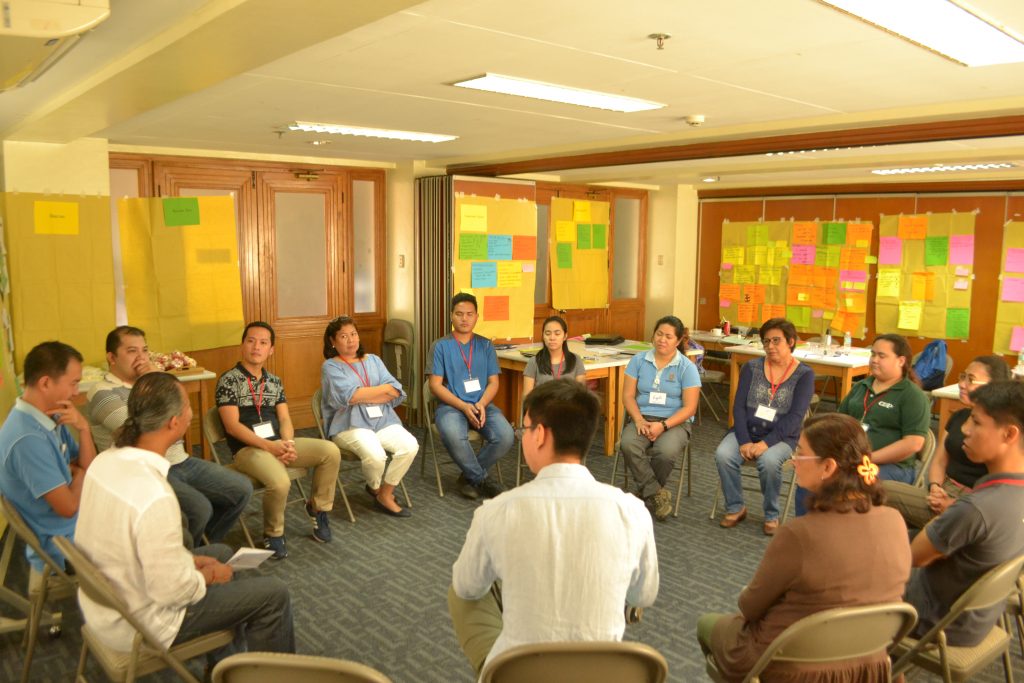
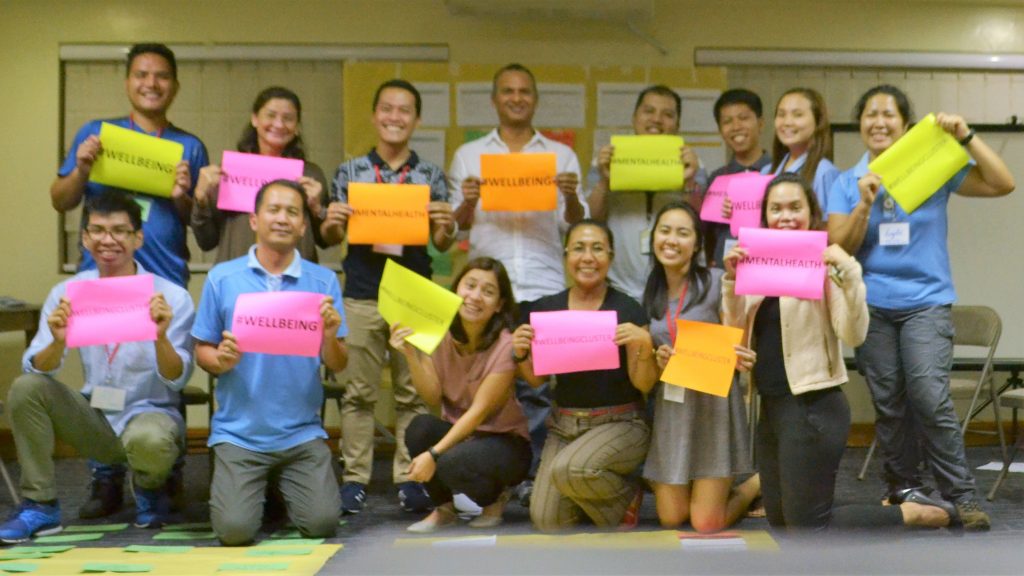
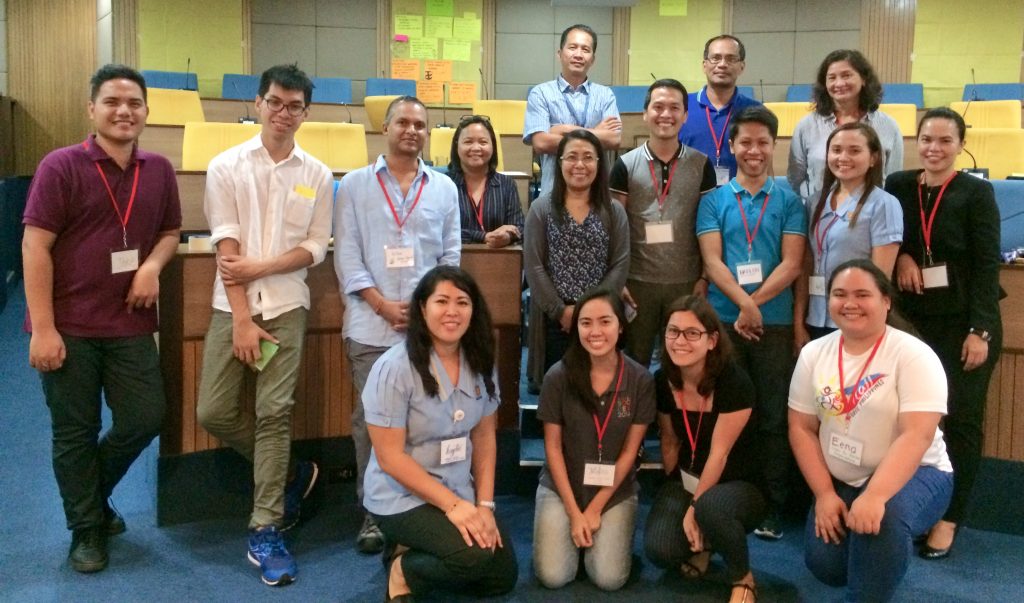
Previous
Next
“I do not know what course of action to take… I am an office-based staff and our organization needed to respond — I just cried alone after we distributed the relief.”
“I’ve been in the humanitarian field for quite some time now, but my family is affected by the recent strong typhoon, what should I priorities — this is just stressful.”
“Ï know I have to be focused, alert, and active because I understand that we are in an emergency situation but I can only do us much…”
These are but anecdotes of humanitarian aid colleagues faced with challenging and stressful situations whether deployed in the field or tasked at base. Undeniably, stress is doubled up when faced with difficult circumstance and triggered by traumatic experiences while alleviating sufferings of disaster-affected population.
Study shows that chronic stress and trauma within the humanitarian sector is increasingly revealing. For example, the Guardian newspaper conducted a survey of humanitarian workers in 2015. The results revealed that an astonishing 79% of the 754 aid workers surveyed had experienced mental health issues, of which 93% indicated this was directly related to working within the humanitarian sector itself.
Other recent research into the well-being of humanitarian workers has also revealed similar shocking findings to the extent of the impact of stress and trauma amongst humanitarian workers. Research conducted in 2011, compared the rates of Post-Traumatic Stress Disorder (PTSD) in the US and European general population, approximately 6.6%, and 1.9% respectively, to humanitarian workers. The researchers observed that aid workers had PTSD rates that ranged from 8% to a staggering 43%.
In addition to these disturbing statistics, a survey conducted by the Mindfulness and Well-being project component in late 2016 also revealed that 48% of deployed staff had indicated they had experienced ‘a threat to their life’.
These surveys illustrate the exposure to stressful and traumatic situations, and the chronic state of stress and mental illness experienced by aid workers in the humanitarian sector, and the need to prioritize mental health.
In the Philippines, the creation and piloting of the first Well-being Cluster in Cebu offers a practical and tangible opportunity for agencies to address, mitigate, and positively change the way in which mental health is managed and approached in the humanitarian sector.
The approach may be pioneering, but more importantly, it is desperately needed and definitely needed by our workers and first responders.
Start Up Meetings
In July and September this year, the first steps to create a new way in which we deal with well-being and humanitarian issues in the humanitarian sector begun. Meeting and workshops followed a series of meetings both in Manila and Cebu, and attended by numerous local, national, and international agencies, government departments, UN bodies and other stakeholders.
These start up meetings were held as a joint endeavour of the Mindfulness and Well-being component of the Start Network’s Transforming Surge Capacity project, Central Visayas Network of NGOs (CENVISNET), and the Ramon Aboitiz Foundation Inc. (RAFI), where the event was hosted by RAFI in Cebu City. The endeavour is also being supported by the Humanitarian Leadership Academy (HLA), United Nations Office for the Coordination of Humanitarian Affairs (OCHA) and numerous local and international NGOs.
This creation of the Well-being Cluster is part of a wider portfolio of projects being funded by the UK’s Department for International Development (DFID), Disasters Emergency Preparedness Programme (DEPP), which is exploring how well-being approaches can be improved and transformed within the humanitarian sector.
The primary objective of this pioneering project is to create and pilot a dedicated platform that brings humanitarian agencies from across the Philippines together to prioritize the well-being of aid workers, with a key focus on supporting their mental health, and ultimately for our beneficiaries.
In essence, the creation of this first pilot platform, or ‘Well-being Cluster’, is to support aid workers more effectively before, during and after a humanitarian response, where they often witness and experience the suffering of others. This can often have deep emotional and psychological effects for humanitarian workers.
Well-being Clusters – The Vision
The Well-being Cluster being piloted in Cebu, is envisaged to potentially be the first of many localized clusters across the Philippines, and perhaps, even, globally.
In its simplest form, these multi-agency ‘clusters’ will link local and national NGOs, with INGOs, governmental departments and key stakeholders to work together in strategically building the capacity of both individuals and organizations in all aspects of well-being related to mental health.
The vision is for the cluster agencies to work together in pooling their resources around wellbeing. For example, in gathering the necessary well-being resources, services, expertise, and training materials to share amongst their staff.
The multi-agency approach means that costs can potentially be reduced, training can be quality controlled and made more consistent, and the capacity of organizations can be increased via the promotion of well-being policies, training of trainers, monitoring and evaluation frameworks for wellbeing, and protocols around good practice.
The localized approach also means that the well-being needs can be contextualized where appropriate, and that cultural taboos and stigma around metal illness may also be challenged by differing perspectives from other approaches globally.
Importantly, the localized ‘cluster’ approach means that individuals and organizations can connect and grow together in challenging and catalyzing mental health issues, and in building capacity together as a community, rather than in isolated pockets. This working together may allow for greater coordination before, during and after a crisis or disaster.
The focus on prevention and preparedness is a key emphasis for the well-being clusters, as it links directly to building capacity and resilience at both individual and organizational level, and to ensure that agreements and coordination mechanisms are agreed prior to a disaster or crisis occurring.
This emphasis on preparedness may ensure that the well-being support is prioritized and made available to personnel at the grassroots level during emergencies, further supporting resilience and in mitigating stress and trauma where possible.
Additionally, post-crisis, the well-being cluster agencies will be better prepared to support personnel affected or requiring support following their interventions, via suitable services and training available at local level.
The term ‘cluster’ was deliberately hijacked to ‘mirror’ the UN Clusters, to establish the importance of well-being and to prioritize the support humanitarian personnel receive before, during and after a crisis regarding their mental health.
Given the chronic crisis in mental illness and stress affecting aid workers globally, the use of the term’ cluster’ was carefully chosen to create a benign, yet provocative, advocacy for change within the sector. In essence, the need to prioritize mental well-being is now compelling.
As such, meetings offered agencies and stakeholders to participate, engage, and input into the discussions, design, development and constitution of the Well-being Clusters, as well as the resourcing and services that could be offered before, during, and post-crises.
Ultimately, with the establishment of this first pilot cluster in Cebu City, the aim is to replicate clusters in Manila, Tacloban, and Davao, as well as globally.
Well-being Clusters -— Key Principles
The key principles for the creation of the well-being clusters are to ensure local ownership, autonomy, sustainability, and relevance. As such, the agencies engaged with project are currently exploring a variety of components that will make this possible.
For example, RAFI, CENVISNET, and the HLA are leading the working group on establishing a governance structure, and technical working group to help coordinate the creation of the cluster itself, and then to manage the activities and services of the cluster itself.
In addition, psychosocial experts from Ateneo de Manila University, University of the Philippines, and San Carlos University are also supporting the endeavour by providing their psychological expertise, and research and mapping skills to establish a baseline and ascertain the needs and within agencies and communities being supported.
Further working groups are also currently beginning to explore how the clusters can be made sustainable financially, and how the clusters can communicate effectively within the agencies and for advocacy on mental health. Working groups will also focus on developing well-being policies and monitoring and evaluation frameworks to keep track of well-being of staff, and organizational support, both key aspects of capacity building and starting points for prioritizing well-being within aid agencies.
Key principles for the clusters being developed will ensure a core set of guiding values are followed, and remain consistent as the clusters are replicated.
These will include, ensuring multi-stakeholder ownership, a revolving annual leadership, committee based decision-making, autonomy via sustainable finances, localized focus, emphasis on preparedness and prevention, quality control of resources and services being offered, open learning focus, independence, gender sensitive and proactive empowerment of women, ethical standards, non-denominational approach, etc.
A Movement for Change
As the data on the chronic stress and trauma within the humanitarian sector is increasingly revealing, the need to address and prioritize mental well-being in the sector is now critical.
The creation and pilot of the first well-being cluster in Cebu offers a practical and tangible opportunity for agencies to address, mitigate, and positively change the way in which mental health is managed and approached in the humanitarian sector. The approach may be pioneering, but more importantly, it is desperately needed and definitely needed by our workers and first responders.
As such, the creation of the well-being cluster in Cebu is an important first step towards a better way to support our workers, not only here in the Philippines, but perhaps globally as well.
